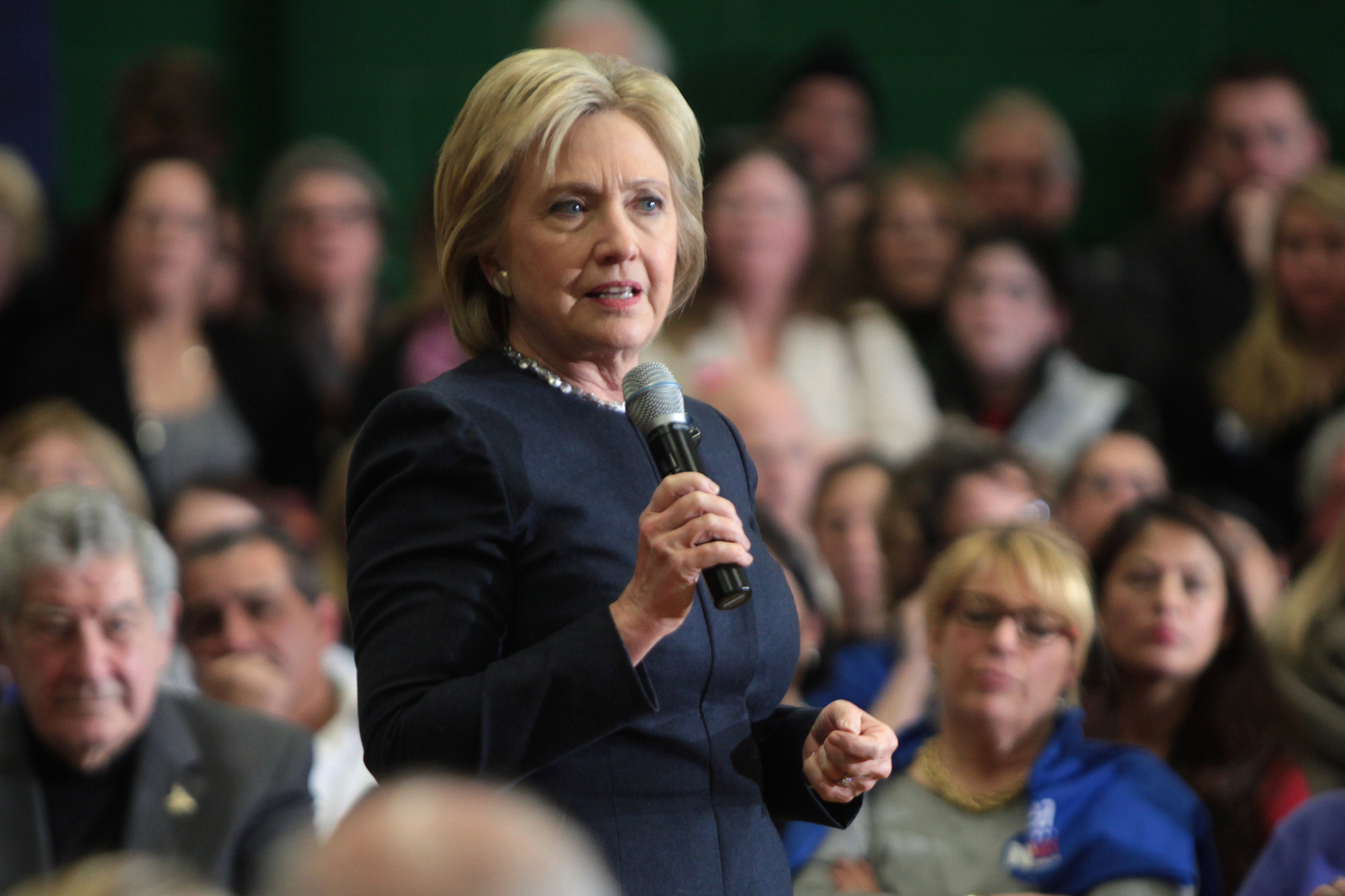By Matthew Pertz, Opinions Editor
After months of political hype and media hysteria, the Iowa caucuses came and went on Monday, leaving behind many questions and few answers.
Just under 27 percent of Republican voters voted for Ted Cruz, giving the Texan a healthy win in a still-crowded GOP field. The ever-polarizing Donald Trump finished in second with 24.3 percent, and Marco Rubio doubled his polling numbers with 23.1 percent.
The Democratic caucuses proved to be much more exciting as Hillary Clinton squeaked out a win by three-tenths of a percent over Bernie Sanders. Many analysts view the “virtual tie” as a huge victory for Clinton as she was not expected to pull out a win Sanders’ democratic-socialist platform was very popular with liberal Iowans.
Two candidates called it quits before the night was over. Former Governor of Arkansas Mike Huckabee, best known for winning Iowa in 2008, said “Voters are sick of me,” before dropping out, leaving eleven Republicans in the race. He will be remembered for his strong social conservatism and his desire to bring God into politics.
From the left, former Governor of Maryland Martin O’Malley laid down his presidential bid after claiming less than a percent of Iowa Democrats. O’Malley, while well-regarded among establishment liberals, failed to gain any traction because his views were nearly identical to those of the more popular Clinton.
The importance of Iowa is often overstated by pundits. The state has a small population and tends to be politically polarizing and extreme, meaning that the results are hardly telling. The winners of the past two Republican caucuses (Huckabee and Rick Santorum) failed to win the GOP nomination.
However, the caucuses can be a reality check for candidates. Polls are fluid and mostly heretic; they show very few solid conclusions. On the other hand, caucuses and primaries are concrete. They teach real lessons to the candidates and to the voters, and Iowa did provide a glimpse into the near future.
The first conclusion is the GOP establishment is not dead yet. Rubio outperformed all expectations and put himself in the conversation for the nomination. While Cruz and Trump won the battle, Rubio showed he has the capacity to win the war.
Second, Clinton put herself in control of the race. Most expected the large voter turnout, the far-left mentality of liberal Iowans and the questions about Clinton’s emails to give Sanders a convincing win, but Clinton overcame and showed she is ready to be the Democratic nominee.
Overall, the Iowa caucuses were a fun distraction and they generated plenty of headlines for the next few days. The real fun starts next month when the rest of the primaries (including Kentucky) are tallied.


